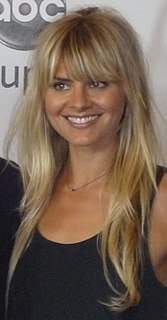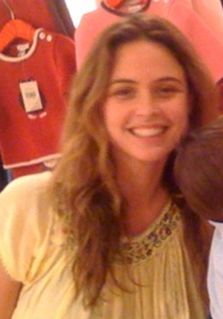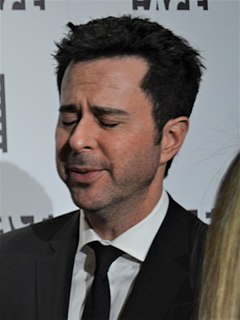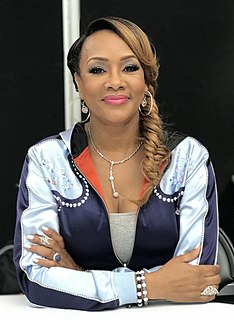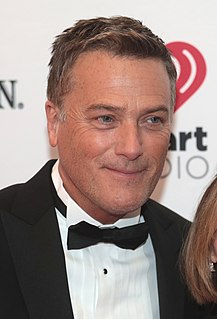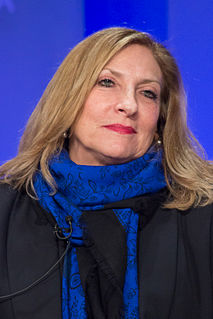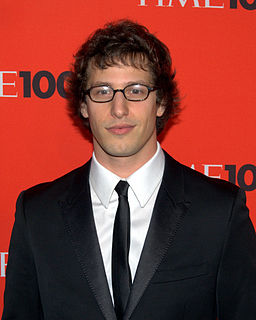A Quote by Eliza Coupe
I was the female lead in a romantic comedy. It's a little indie film that we shot in China called 'America Town,' starring Daniel Henney and Bill Paxton. I actually had to speak Chinese in the film. It was funny because I found out I was doing the film and then a week later, I was in Shanghai.
Related Quotes
I met Michael Snow and Stan Brakhage the second day after I arrived, you know. I had never seen or heard of Brakhage. For me, it was a revolution, because I was well educated in film, but American-style experimental film was known to me in the abstract, and I had seen practically nothing. I had seen a film then that Noël Burch had found and was distributing called Echoes of Silence. It was a beautiful film, three hours long. It goes forever and it was in black and white, very grainy, and I saw that film and I thought...it was not New Wave. It was really a new concept of cinema.
We rehearsed for a bit for an Indie film, which is kind of unusual, we had a week of rehearsals before we actually shot the films so we were able to really break down the script and kind of work through all of the improvisational things that he wanted to do, so he had a chance to really feel his way through before we actually shot it and I think that helped a lot.
Um, 'Soul Food'... Another wonderful little movie that could. Here's a film that, I think our budget was maybe $6 million. We shot it in Chicago in six weeks. I was so proud of the film, because it showed America that an African-American film about family could sell, could do well, could cross over and have true meaning.
From a writing standpoint, maybe television is a little more satisfying because it's not all hinging on one thing. You can experiment, week to week, and you can be a little narrower in your scope one week, and then be a little broader the next week. But with film, everything can look the way you want it to look. You can really sculpt the final product. So from a directorial standpoint, film is more satisfying. But, they're both forms of media that I'd like to keep involvement in.
I think people are willing to take more of a risk on an indie film, about character, etc...but at the same time, when I work on projects that are substantially bigger, in a way they do feel small. Even though the catering is way better and we actually have someone shooting with real film.... The budgets are bigger but the story still feels small, like an indie film.
